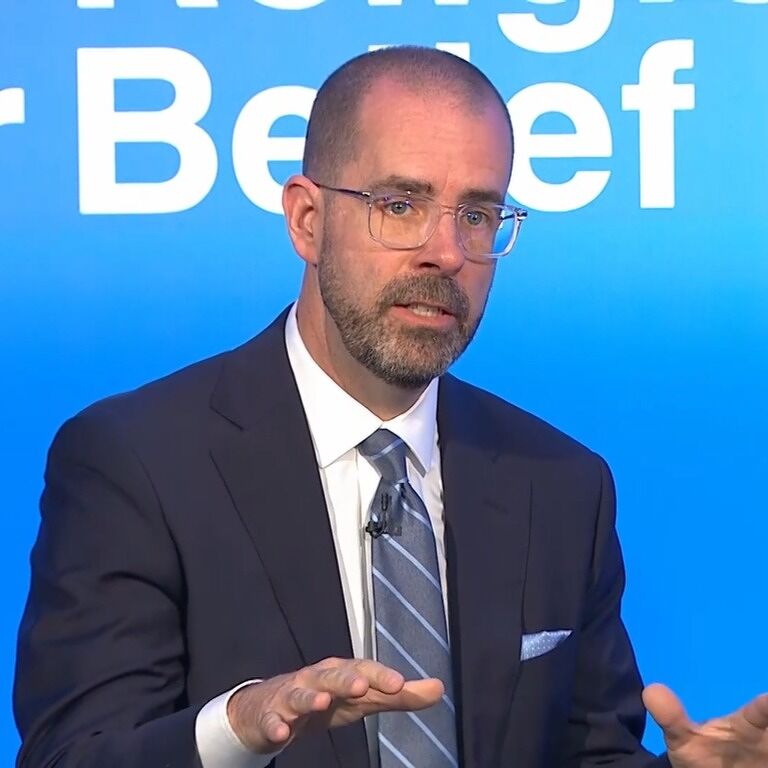
On International Religious Freedom Day, Knox Thames calls for renewed commitment to advancing religious freedom globally, particularly in light of the upcoming presidential election.
In an opinion piece titled “Recommitting to International Religious Freedom,” Knox Thames emphasizes the urgent need for the United States to take decisive action to protect the rights of those persecuted for their beliefs.
Thames notes that millions suffer daily due to religious persecution, with a significant percentage of the global population living in countries that restrict free religious practice. Highlighting the plight of various religious communities—he underscores the reality of violence and discrimination faced by minorities.
With two decades of diplomatic experience, Thames argues that American leadership is crucial in combatting the rising tide of persecution. He warns that a lack of U.S. engagement will create a void that adversaries will exploit, further endangering human rights worldwide. He believes that while American efforts are commendable, they must go beyond mere goodwill; more substantial actions are needed to protect freedom of religion or belief for all.
In his book, “Ending Persecution: Charting the Path to Global Religious Freedom,” Thames outlines specific policy recommendations aimed at addressing the complex nature of religious persecution. He stresses that the U.S. must ensure that human rights are a priority in its foreign relations, holding nations accountable for their treatment of religious minorities.
Thames also reflects on the historical significance of the International Religious Freedom Act of 1998, which established religious freedom as a foreign policy priority and created mechanisms for enforcement. He calls for renewed attention to this vital issue, urging the next president to champion religious freedom in international discussions.
As the nation approaches the election, Thames implores voters and leaders alike to recognize the importance of defending religious freedom and to stand in solidarity with those suffering for their beliefs.